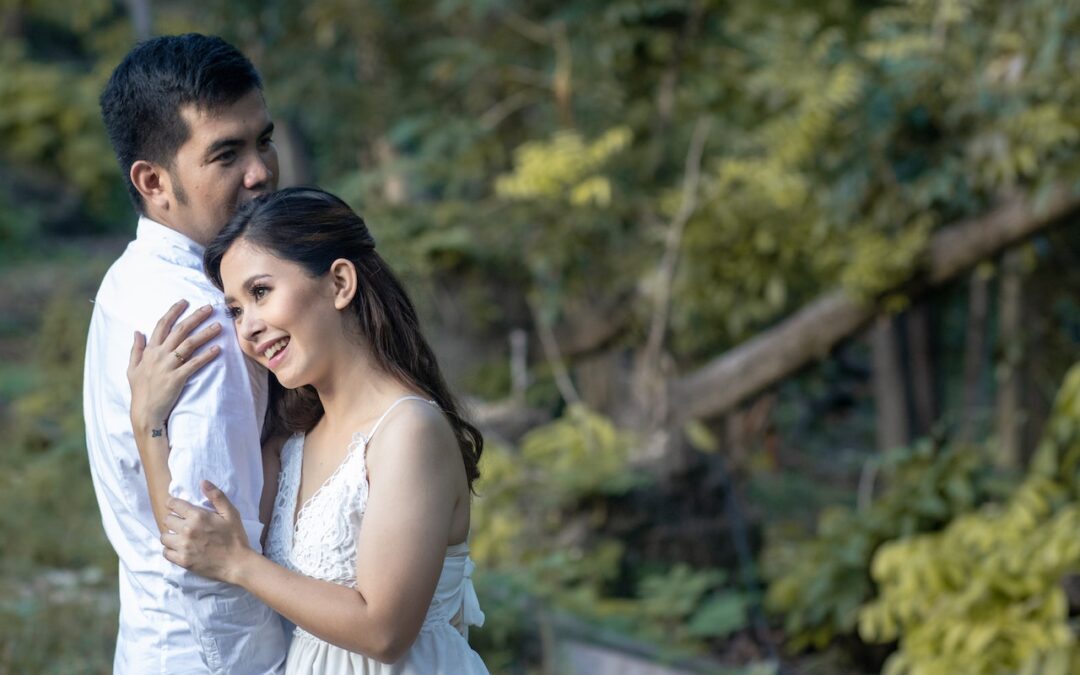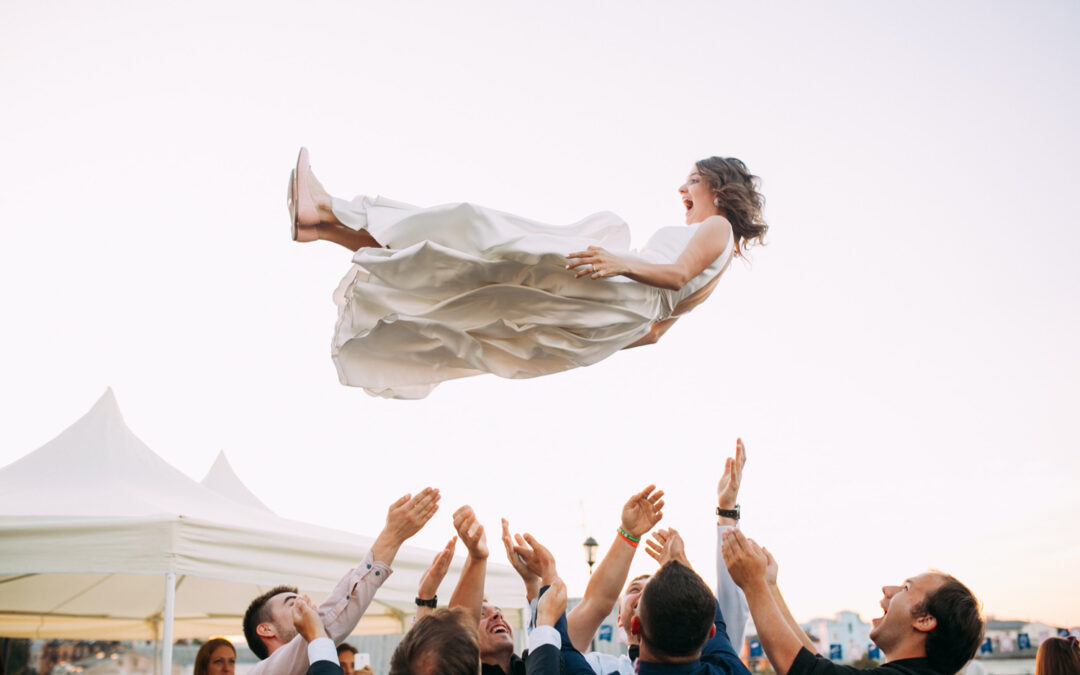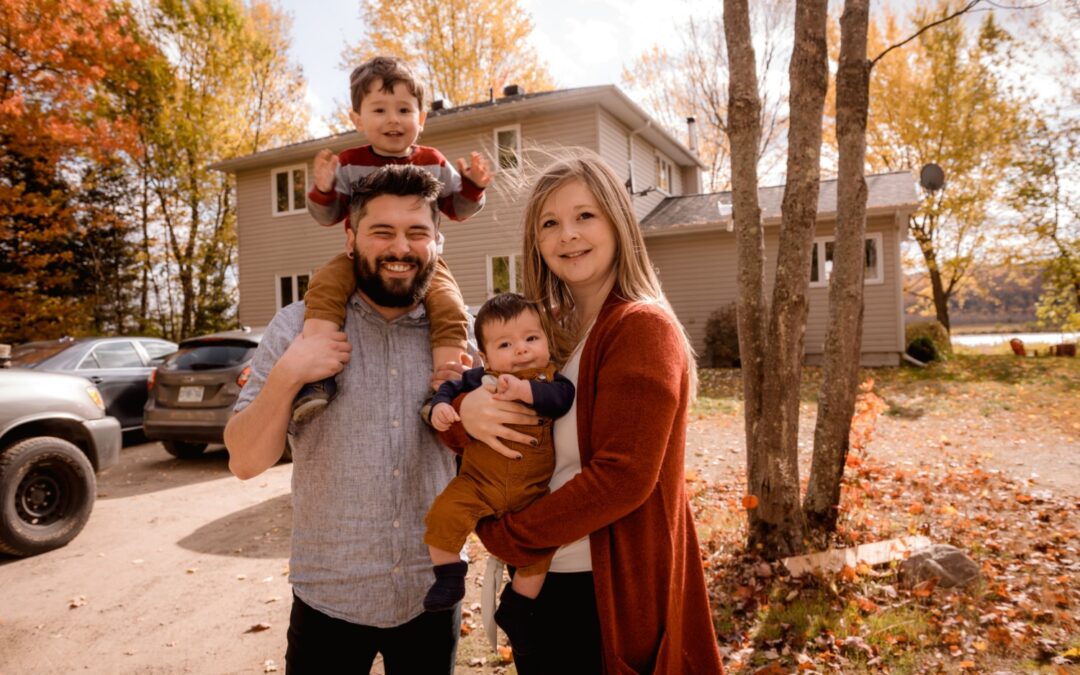A New York Times story recently highlighted a “platonic marriage” between Jay Guercio and Krystle Purificato in East Islip, NY, which Guercio described as “stable, long-lasting,” and having “no conditions.” They are among a number of couples – friends – who desire the legal and social recognition that a certificate of marriage confers. We know that marriage, properly understood, is the comprehensive union of a man and a woman for life for the purpose of raising children and that friendship in marriage is undoubtedly crucial to its success. So why can’t spouses be just friends?








